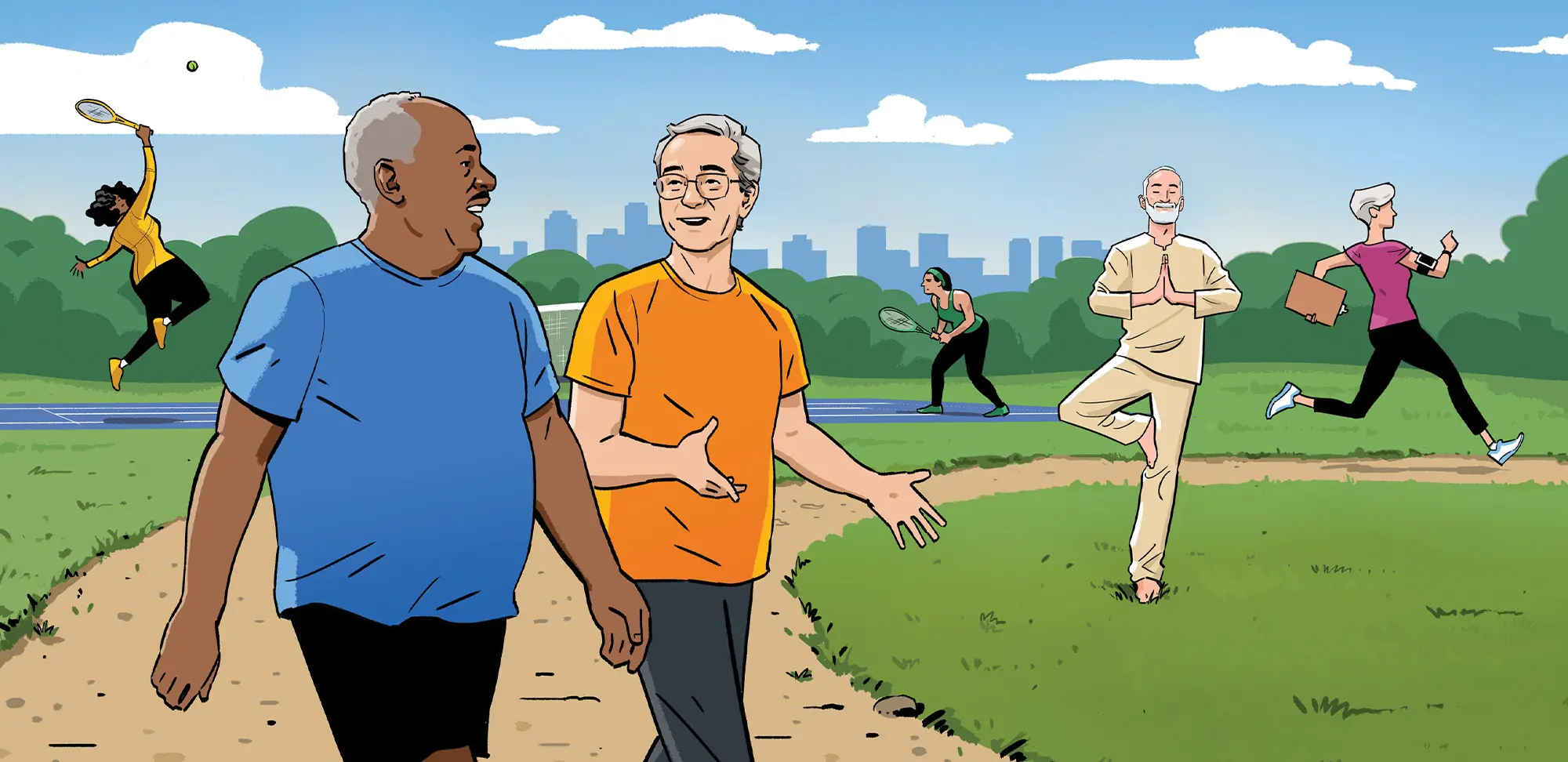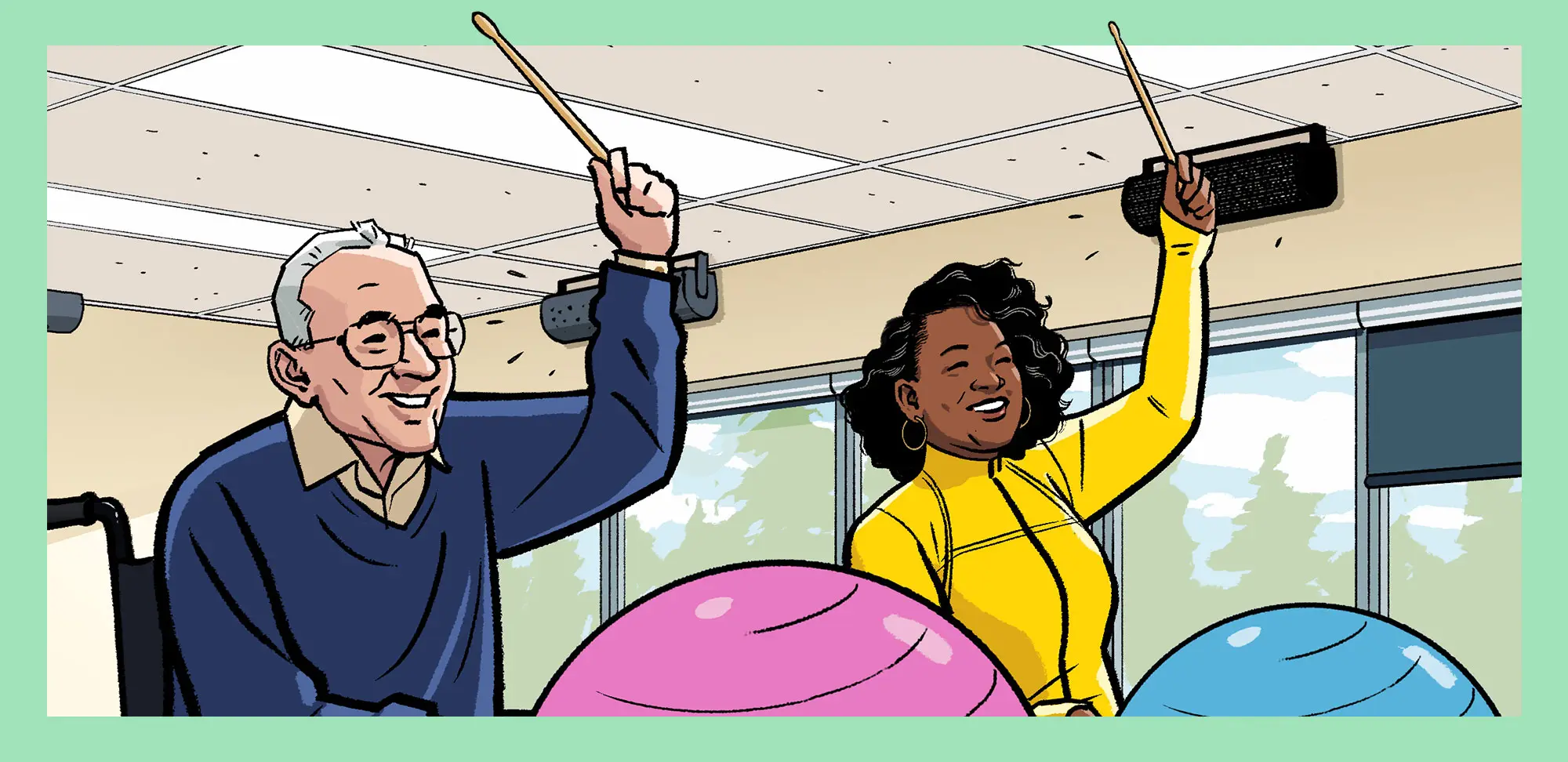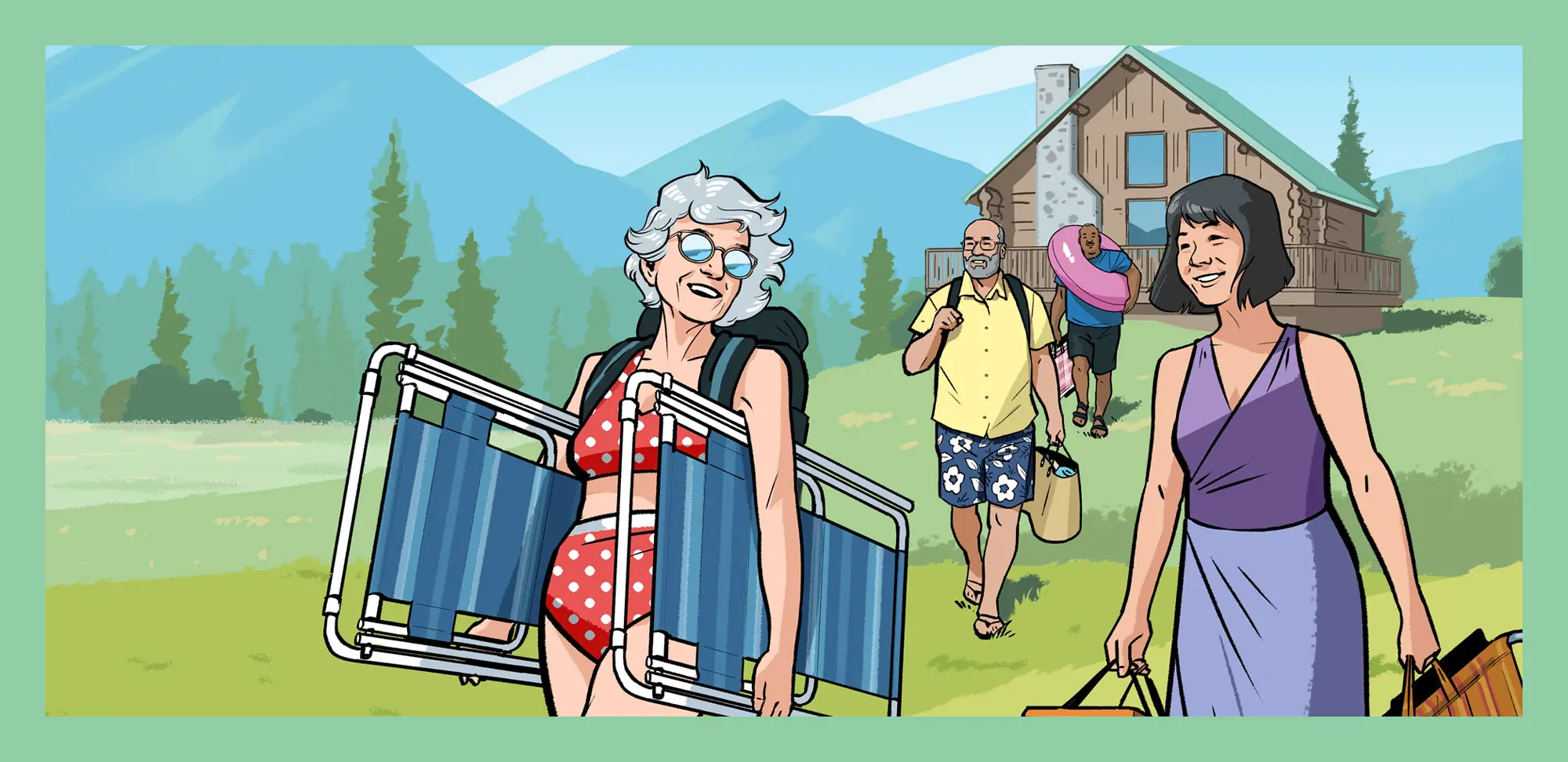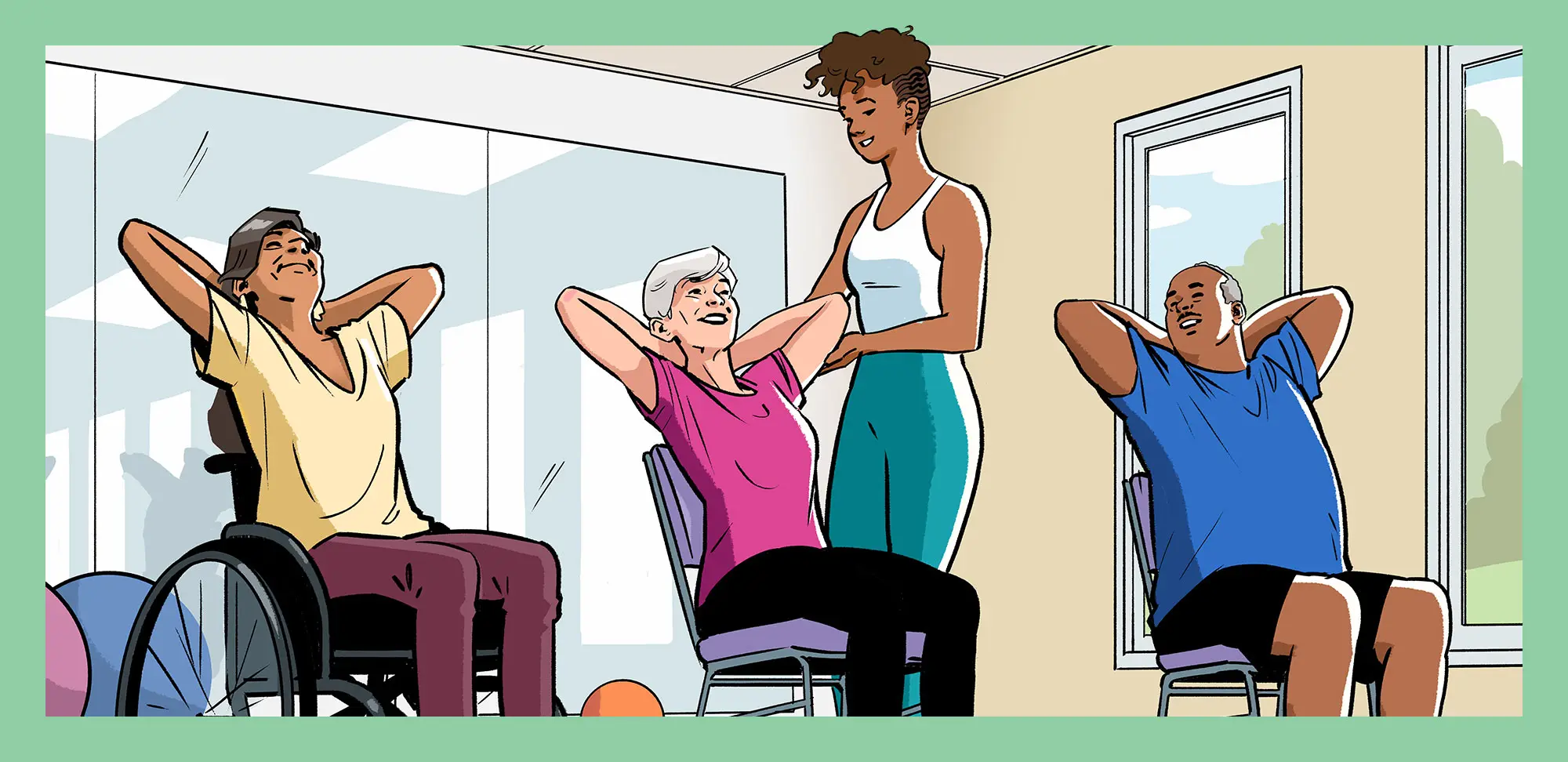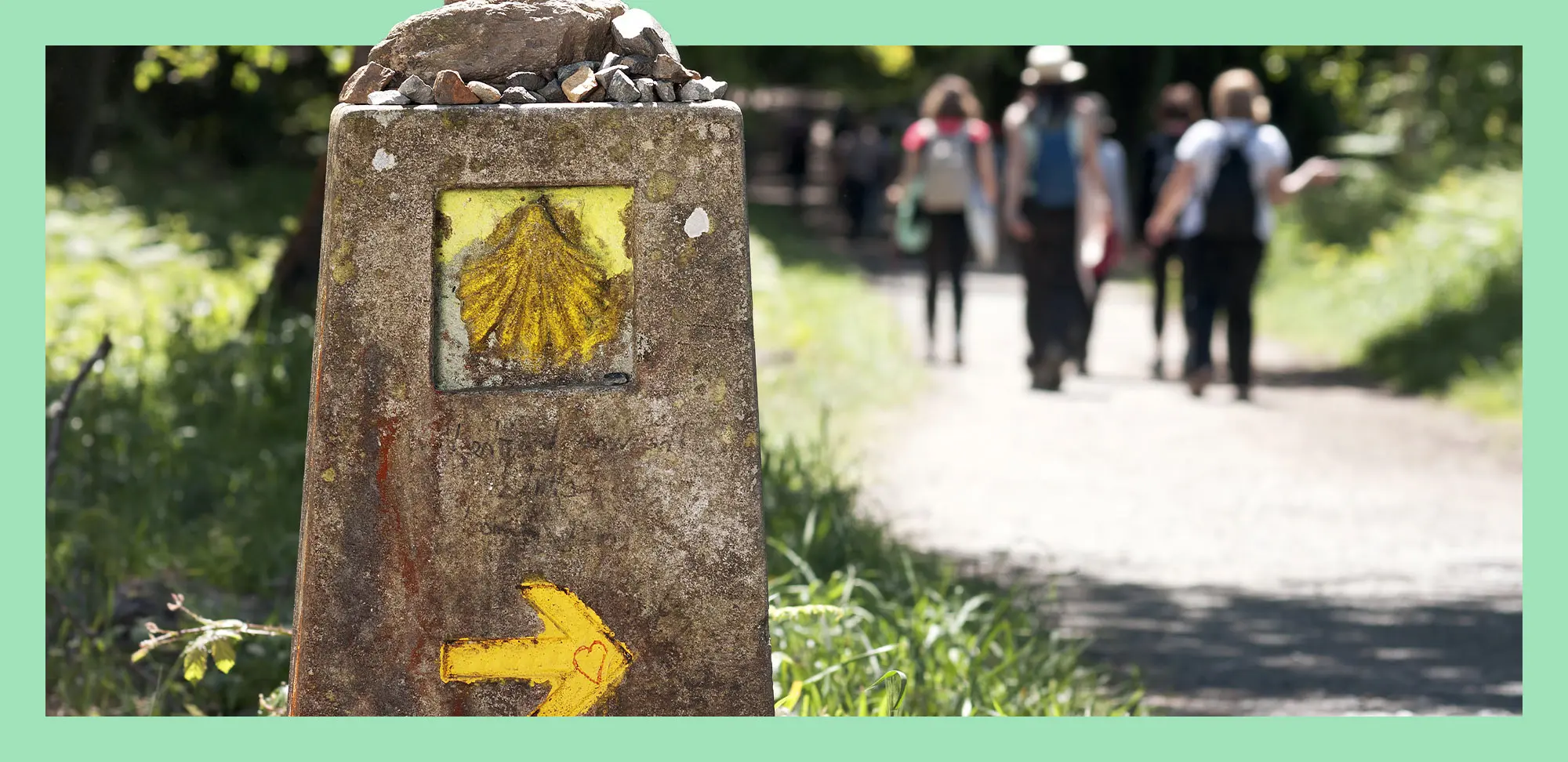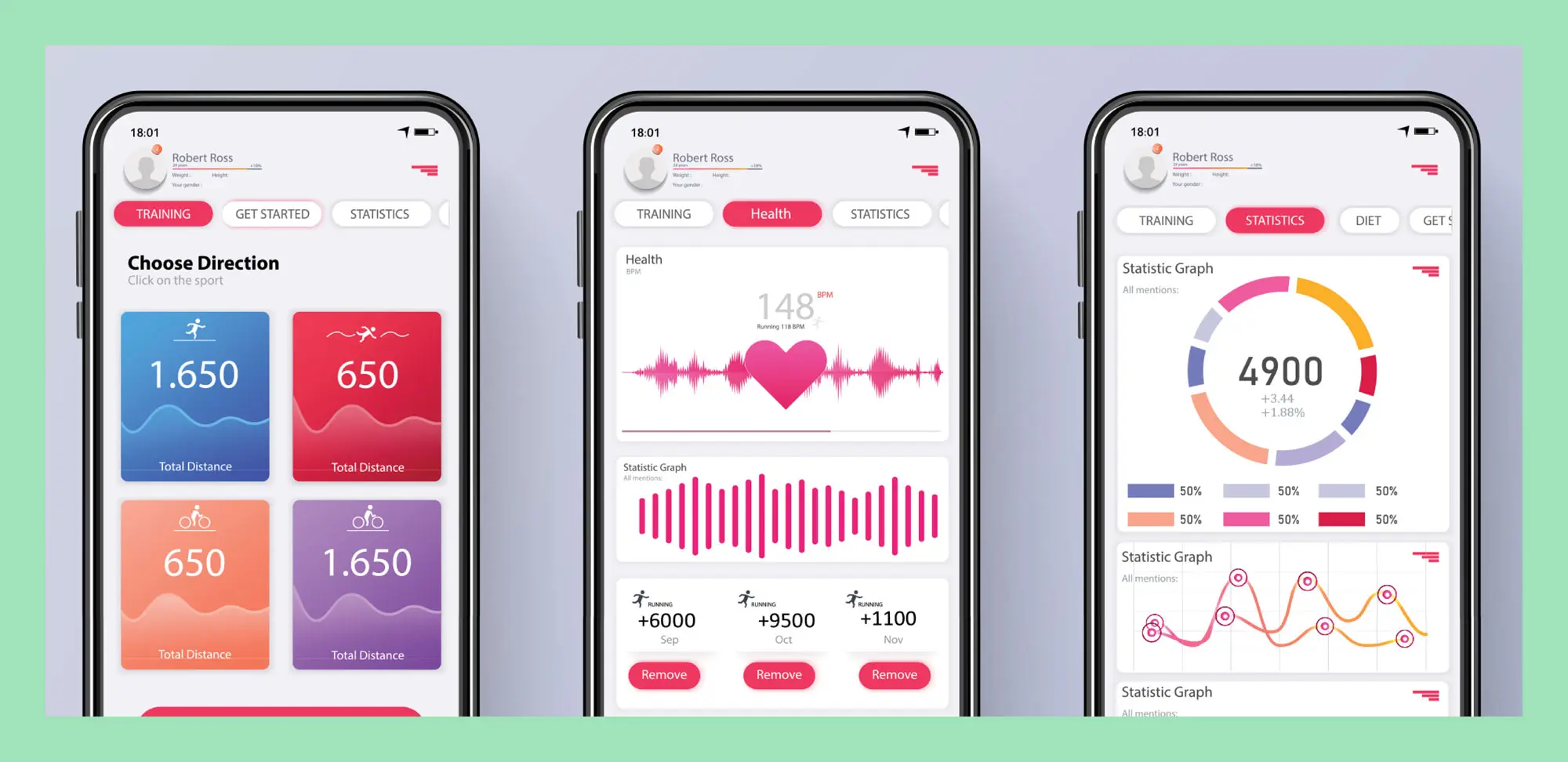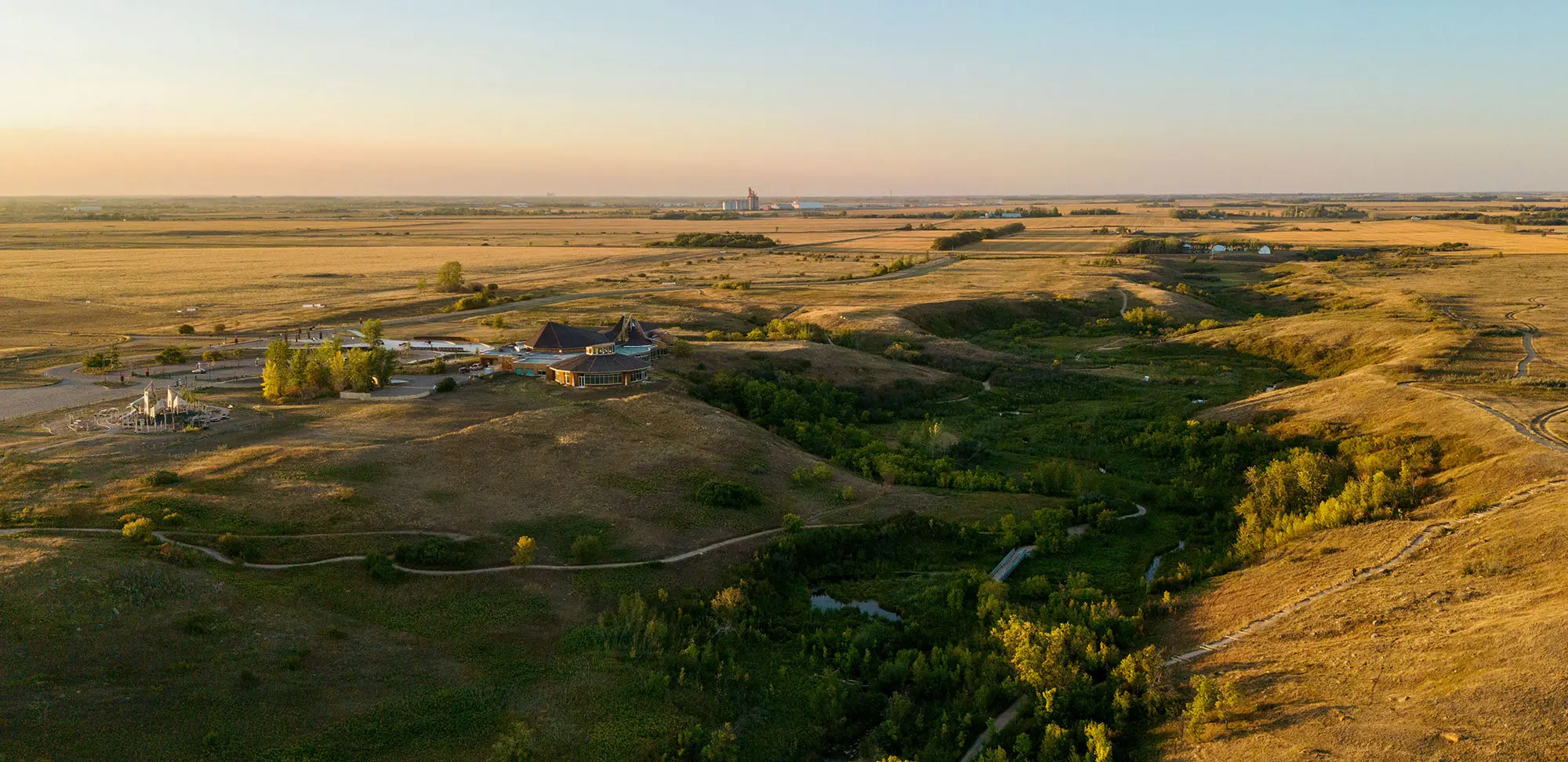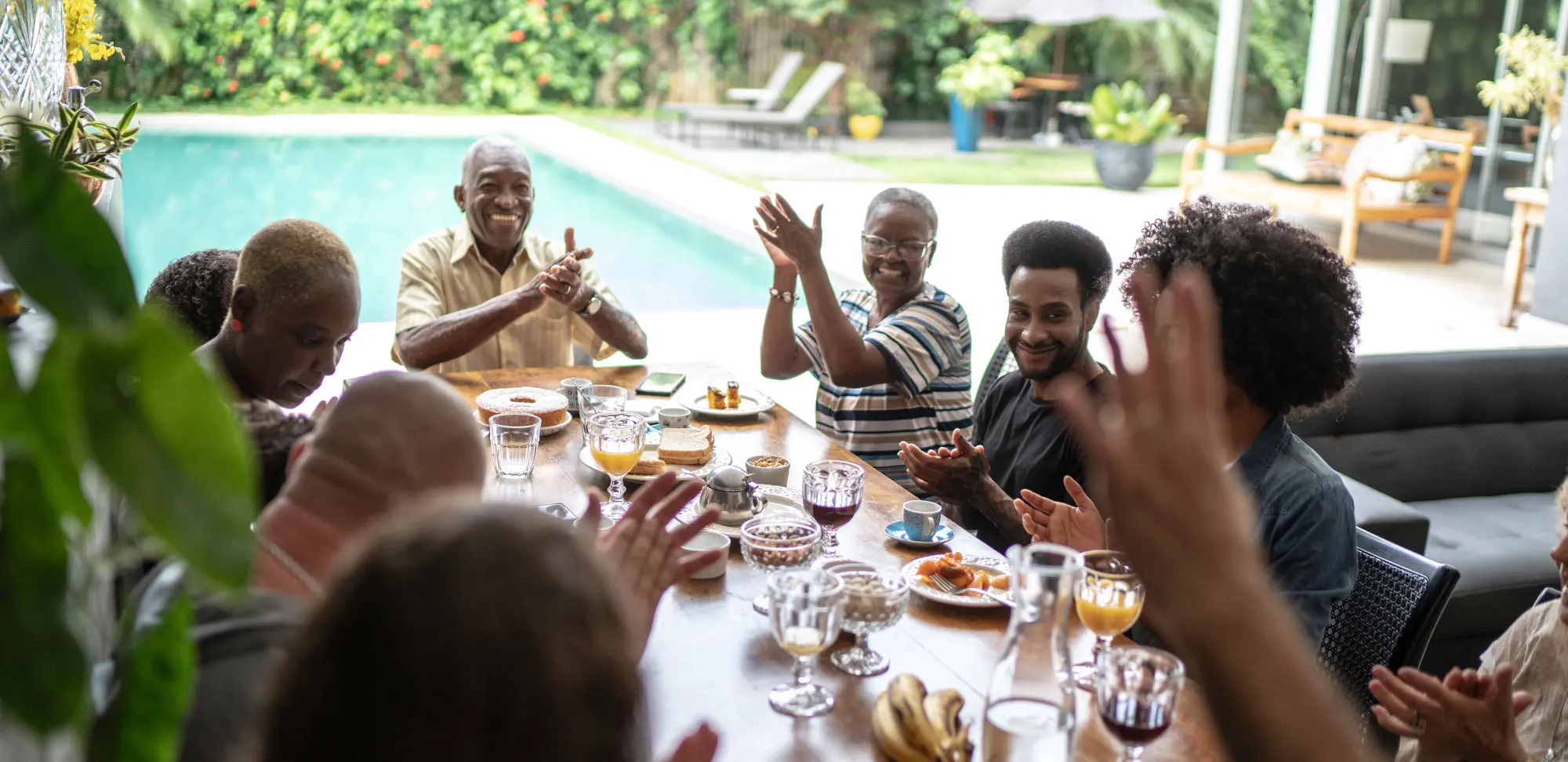Everyone knows that regular activity is good for your health.
Unfortunately, statistics show that only one-fifth to one-quarter of Canadians of all ages are meeting the minimum fitness guidelines for good health, says Steve De Ciacca, a clinical physiotherapist and program consultant at the Canadian Centre for Activity and Aging at Western University.
The good news: Activity options are opening up again now that COVID-19 is being better managed. And while personal choice is often based on cost, convenience and physical condition, the key to sticking with any fitness routine is finding one that suits your personality and talents. Not a joiner? Then a yoga class may not be for you. Poor eye–hand coordination? Tennis is probably a non-starter.
“What you’re really looking for is the emotional — and motivational — hook,” says De Ciacca.
When you choose an activity that fits your personality, you’re on the road to success!
1. FUN LOVING
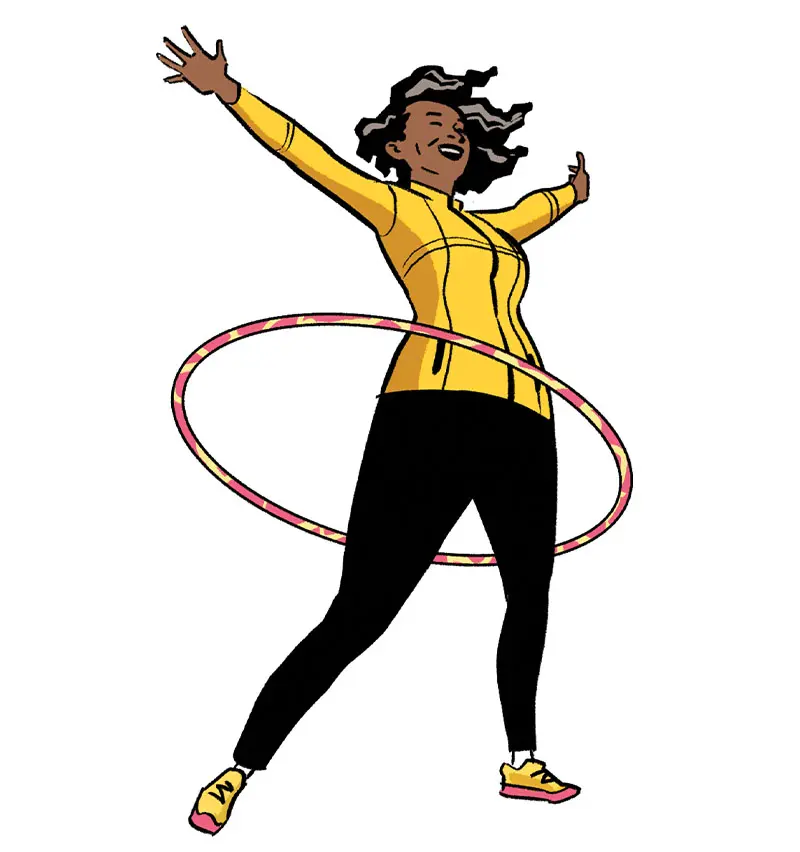
As long as you’re having fun, you’re all in.
Get moving: Enjoyment is the number-one motivator for exercise, says seniors’ fitness expert and instructor Kelsey Harvey. If you love to dance, find a dance club, dance in your living room or take lessons. Throw a ball with grandkids or ask older ones to teach you how to play frisbee. Take a dog for a walk. Try something silly — the hula hoop, for example, can be a great workout for limber adults. Sign up for a fun activity such as volleyball, learn to kayak or try the latest ballet-inspired barre workout (there are classes for older adults).
2. Social Butterfly
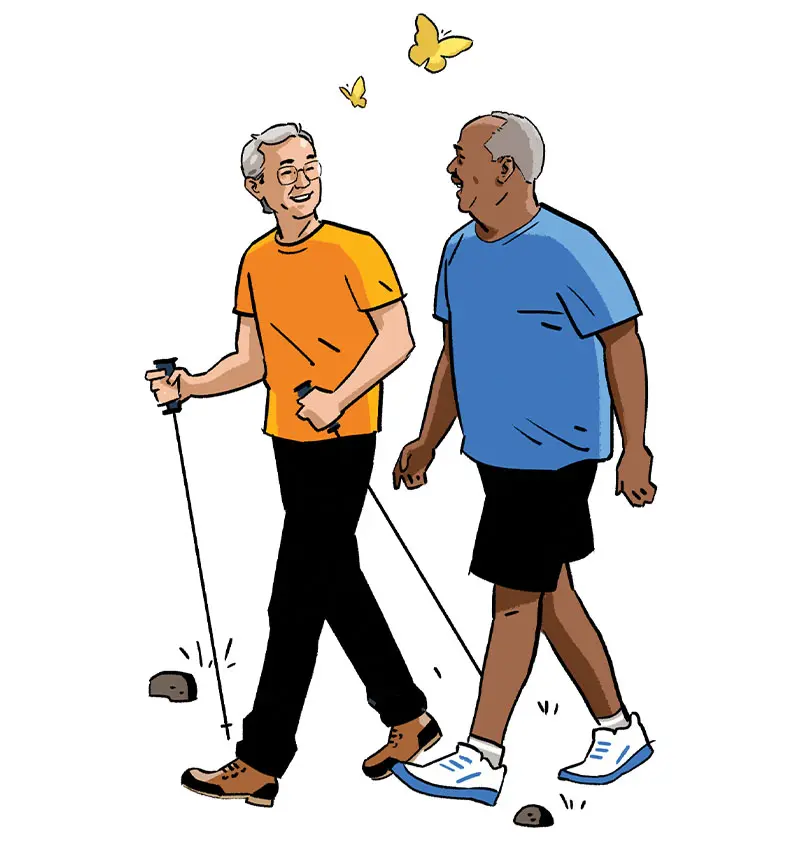
You prefer a social activity to working out solo.
Get moving: Sharing an activity is highly motivational, says Di Ciacca. Choose group activities like low-impact aerobics at a fitness club, an activity-based group like a hiking or cycling club, or a team sport such as badminton, volleyball or table tennis at a local recreation centre. Or, make it really simple and walk regularly with friends in the neighbourhood.
3. PLANNER
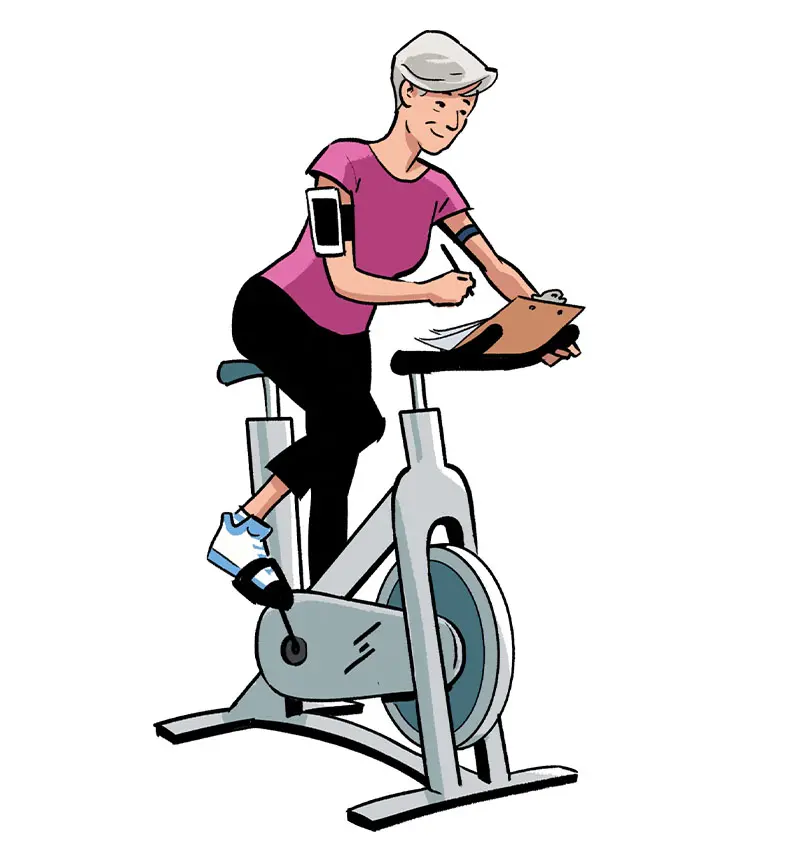
You’re a pragmatic, outcomes-oriented problem-solver.
Get moving: You know that research supports exercise as a key to aging well. Exercise can reduce symptoms, prevent some conditions and help fight the effects of aging, says Di Ciacca. If sleep is an issue, start walking every day. Support brain health by learning a new activity — a dance class, water aerobics or table tennis. Build muscle strength — sign up for a strength-training class or walk with Nordic poles. Improve your balance with tai chi or yoga.
4. HIGH ACHIEVER
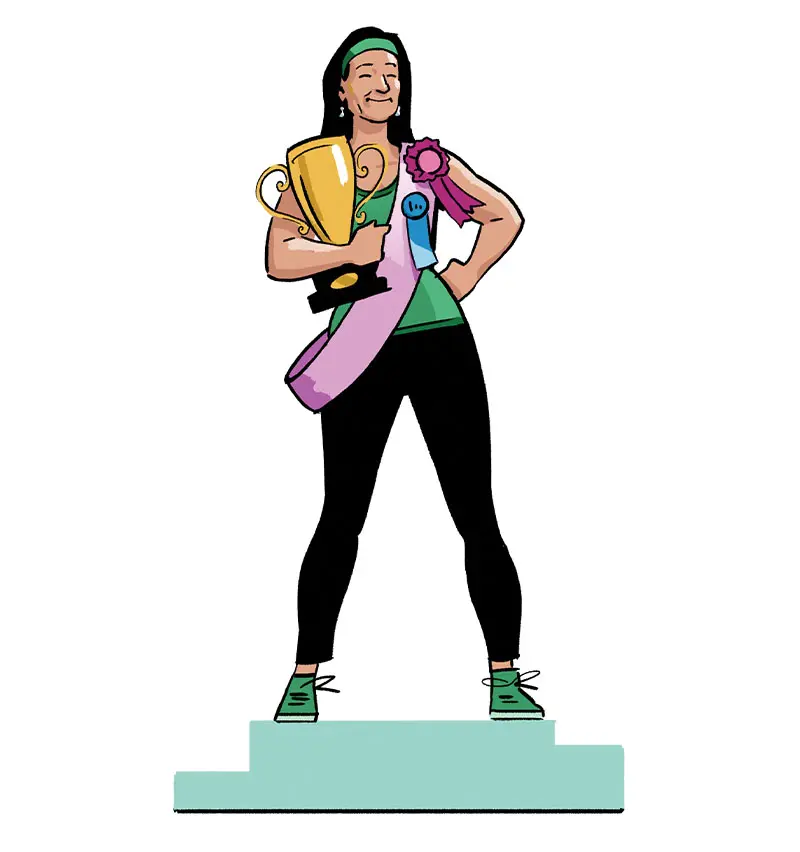
You set the bar high in life — and with activities.
Get moving: You’re not hard to motivate, says De Ciacca — you just need to find an activity you can excel at. Whether it’s rowing, cycling or long-distance running, chances are you’re considering competing in your age group. But remember: “An aging body needs more time to recover,” Harvey says. So recognize that you’re not 25 and listen to your body. Add active recovery days (walking or yoga) to your running routine. If tennis is your game, alternate with pickleball.
5. SPIRITUAL SEEKER
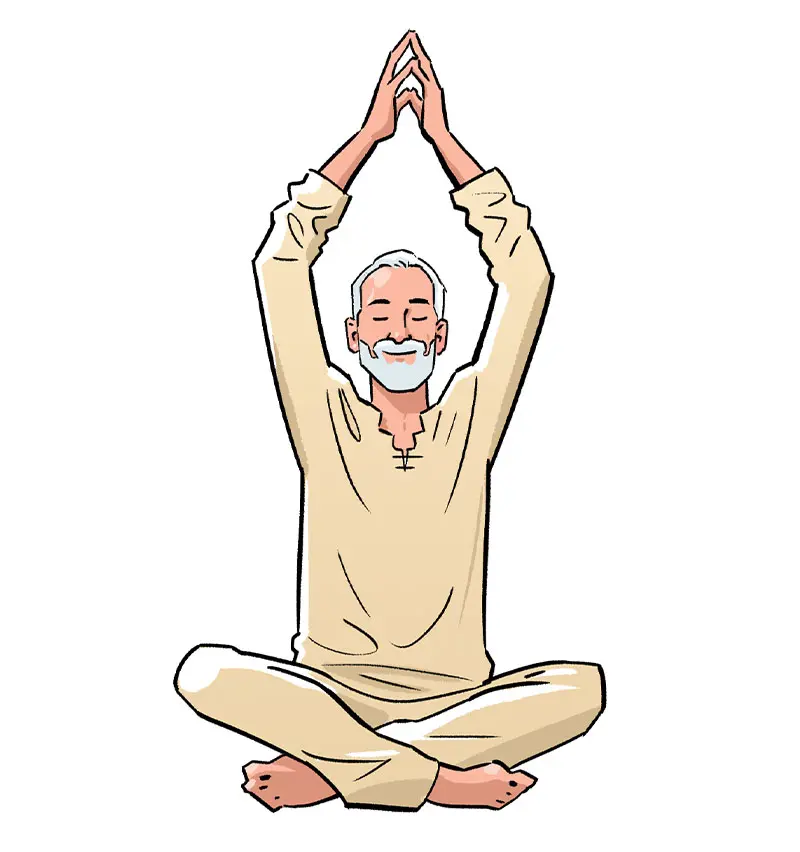
You look for peace and harmony in everything you do.
Get moving: Being physically active can help your brain settle into stillness and reconnect you with what matters most in life. Classic activities that quiet the mind and offer serenity include yoga and tai chi. Any activity that consists of a repetitive motion can calm your thoughts. Go for an early-morning hike. Walk through quiet neighbourhoods. Do the front crawl in a community pool. It’s all about finding your happy place.
STAY STRONG, MENTALLY FIT, INDEPENDENT
Canada’s 24-Hour Movement Guidelines for Adults recommends that people 18- plus do at least 150 minutes of moderate to vigorous aerobic activity every week (30 minutes of activity five times per week) and muscle-strengthening activities at least twice a week. People 65-plus should add physical activities that challenge balance (this can simply be walking) and get seven to eight hours of sleep a night.
“People who are moving more regularly throughout the day tend to have better health outcomes,” says Kelsey Harvey, PhD, seniors’ fitness expert and instructor.
Following these guidelines can reduce the risk of cardiovascular disease, type 2 diabetes, weight gain and several cancers, and can improve bone health.
